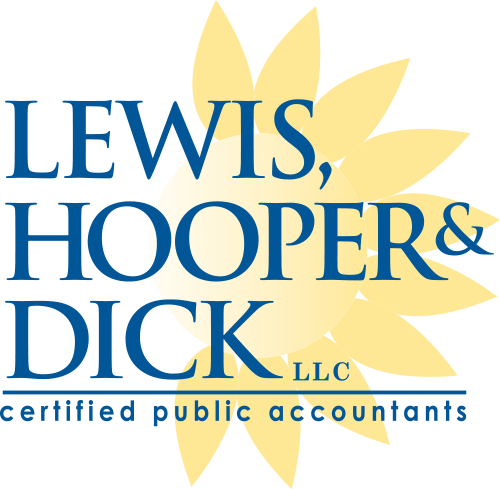Unpayable Debts and Tax Consequences
Don’t let unpayable debt jeopardize your entire operation. Daniel Looker, business editor at Agriculture.com, addresses this issue in a recent article. Looker says there should not be any tax consequences from restructuring; however, there are tax consequences from other methods of resolving debt. Here are the tax consequences he explains:
- Debtor in bankruptcy: If you are in Chapter 11 bankruptcy, you have no capital gains, but the tax basis of the estate’s property is reduced. This could result in higher capital gains taxes years later.
- Discharge of debt when not in bankruptcy, but the farm is insolvent immediately before the write-off: That debt forgiveness is not considered taxable income.
- Discharge of debt for a farm that is still solvent: More than half of the borrower’s gross receipts have to come from farming in the three previous tax years. Small farms with more off-farm income might not be able to use this. The debt must be held by a commercial or government lender, not someone selling land on a contract for deed, for example, or a relative.
To read more, see Looker’s full article from Agriculture.com.
If you have questions about this or any other issues pertaining to your business, our CPAs are happy to help. Call us today.
